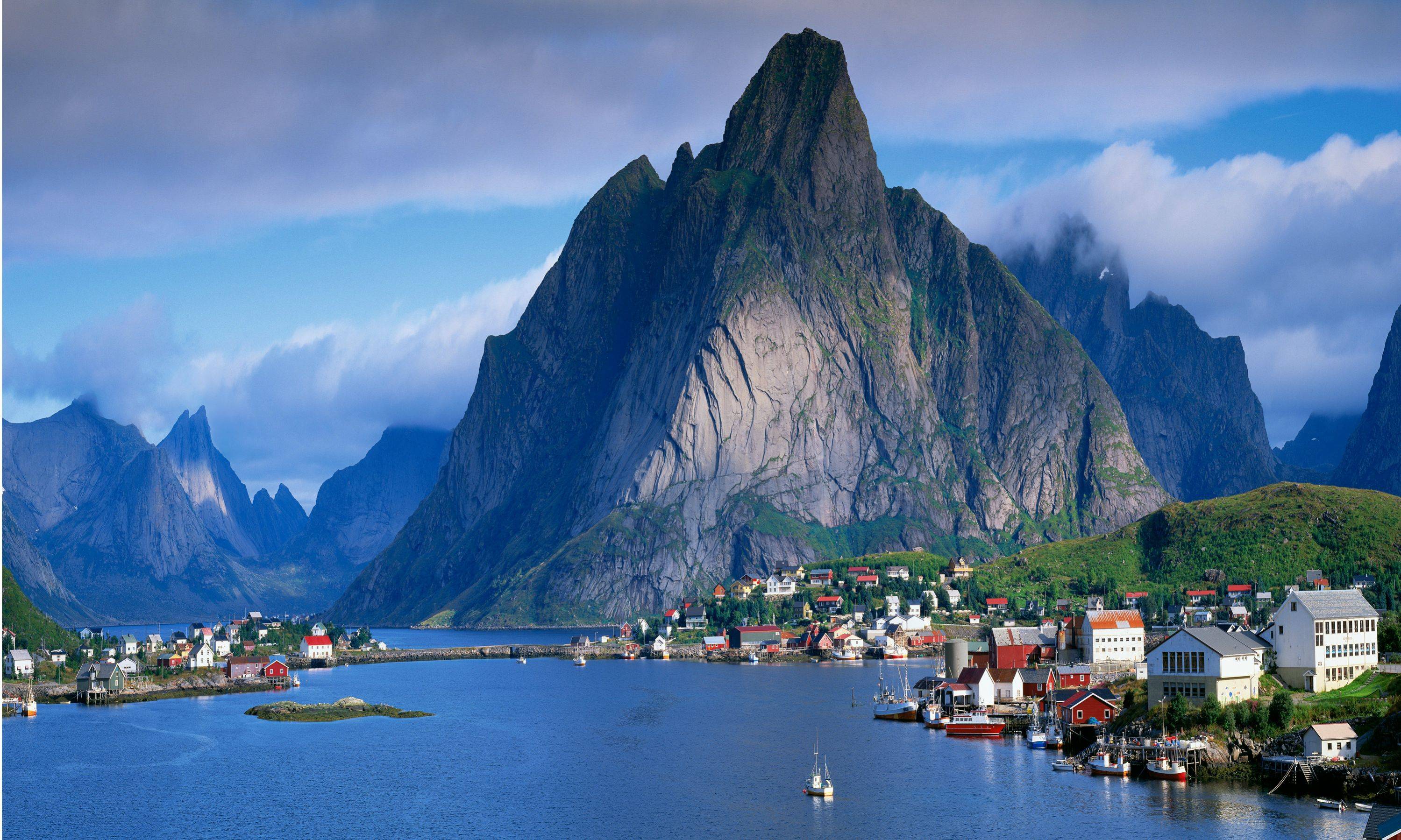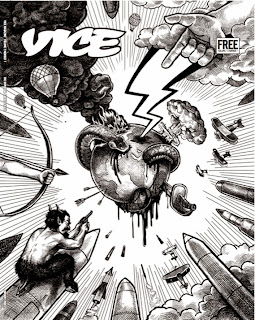Through my research I discovered the USA's media market is a place for the rich and the ruthless rather than the adventurous and brave. The main stay of the market is gobbled up by under ten huge corporations, vertically integrated as to cut out excess costs. In terms all this does is drive business' who have fought for years to keep their name in the game to bankruptcy. Lovefilm, a revolutionary platform of watching media was driven out of business by the corporations creating their own platforms, rather than working with Lovefilm. When Lovefilm did go bankrupt, Amazon swept in to take the royalties and assets.
The news division of the media is concise. The majority of main stream news is owned at the top by a huge corporation who can plough their own agenda through these platforms they now own. Fox news is a staggering example of this. Fox produces a strange right wing format of programming with little care for factual accuracies and peoples feelings. Instead of host an intelligible debate, Fox prove their points by overloading the studio with 'experts' who share the same agenda as fox and ganging up on the one guest who doesn't. It teaches any Children watching that the way to win an important argument is to lie and to shout.
This is killing the roots of the journalism profession in America. Investigative journalism is becoming harder to practice, and less desirable to practice. Local news is filled with garbage stories aimed for who exactly, no one knows. Country-wide news is essentially a shouting match with little important being discussed. This leaves America in a scary position, the youth who will be soon to vote will know essentially nothing about politics or on how to make an informed decision on how to vote.
The examples of whistleblowers over such recent times show us that America is not a place of freedom. Especially if you wish to expose the truth when it is morally right to do so. The lesson this displays to the rest of the world from such an influential power is terrible.
Unfortunately these problems stem from the USA's reluctance to govern how much of the market can be owned by one singular company. There is little alternative view available on television or radio, but the internet has helped over the last fifteen years in a resurgence of alternate media. I plan to explore how alternate media can survive in the modern US media market and world-wide.
Unfortunately these problems stem from the USA's reluctance to govern how much of the market can be owned by one singular company. There is little alternative view available on television or radio, but the internet has helped over the last fifteen years in a resurgence of alternate media. I plan to explore how alternate media can survive in the modern US media market and world-wide.
Below are the accompanying slides from my presentation.
















